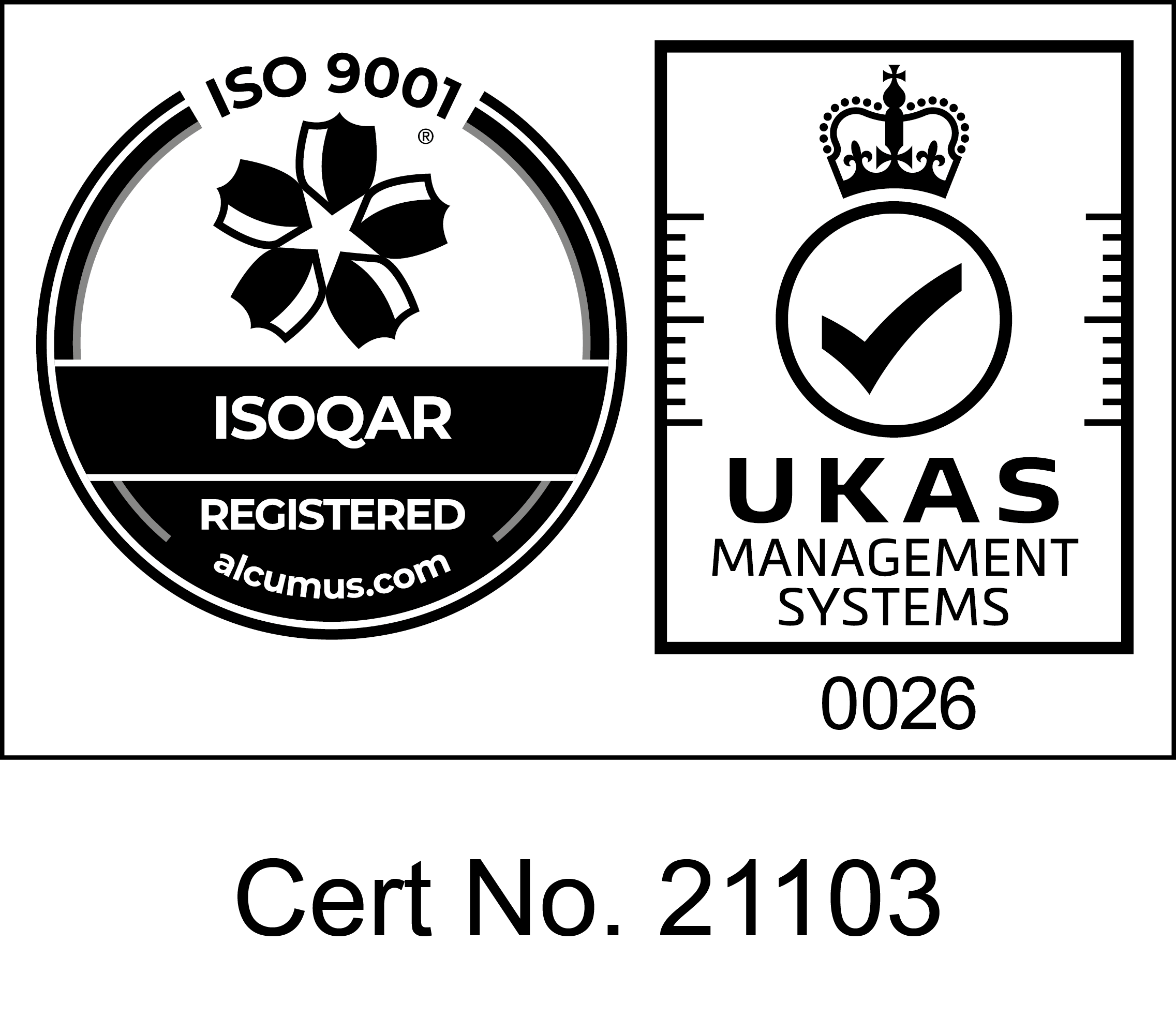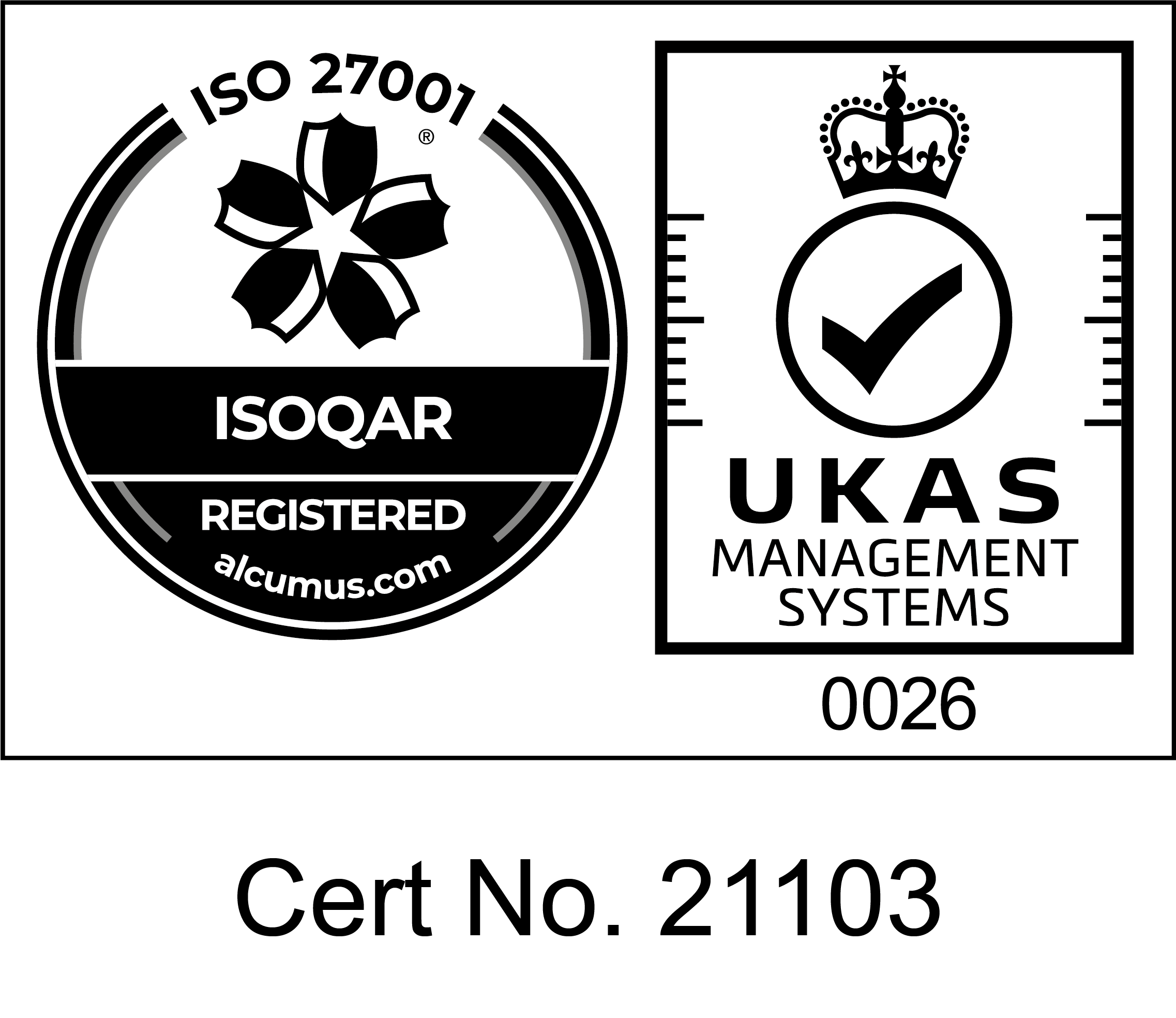The COVID-19 pandemic is presenting businesses with a huge range of unprecedented operational and logistical challenges. After an initial focus on ensuring the safety of employees, executive attention must switch to more general business continuity and in particular the areas of the supply chain, future revenue and contract obligations.
So what are some tangible actions relating to contracts and vendors that can be taken to help secure businesses’ futures in these circumstances?
3 Key Contract Actions
1. Digitise
With the prospect of more employees working from home, having a contract repository software becomes vitally important. Relying on spreadsheet records is risky due to the need for multiple parties to access concurrently and keeping a reliable audit trail becomes extremely difficult.
The ideal solution at this point is ensuring all contract documents reside in a dedicated contract management system. This will ensure a greater level of security as well as making it easy for different parties to access them remotely.
Failing this, centralising all your contract information is the minimum action required. Now’s the time to scan all those signed hard copy contracts and upload them to a shared drive or pull together all contracts stored in employees’ email accounts or personal drives.
Moving contract documents to the cloud is a sensible step under normal circumstances, let alone in the current climate. The virtual back-up of business-critical information helps to build business’s resilience and gives it a solid platform for future growth.
2. Audit
The COVID-19 pandemic will dictate a level of scrutiny on existing contract arrangements that haven’t been seen for the last decade. Mindful of its likely impact on expected revenues, business leaders will be required to closely review all current contract obligations, committed spend and termination rights.
Consider how easy it is for your business to interrogate all of its contract documents to:
- Identify and separate business-critical contracts
- Understand all current contractual obligations, both on behalf of your business and its vendors
- Search for specific clauses or language such as “force majeure” and termination rights
- Extract key information such as values, renewal dates and contact information
Not only are the mechanics of locating and reviewing contracts challenging but the process is further complicated by the crossover of departments and personnel. Within the same business, the Executive Team, the Legal Team, Procurement and department heads will all have their own views on the state of certain contracts so their varying levels of input will be required.
Together these views can be used to develop a risk register across all contracted partners.
Contract lifecycle management (CLM) software such as Gatekeeper makes this process straightforward using a combination of access controls, powerful search tools including OCR and advanced filtering functionality.
It allows users to focus on specific contracts or groups of contracts, assess the size of any associated risks or opportunities, assign tasks across the company with SLAs and take rapid action.
We’re currently helping our customers:
- Understand all their contractual commitments
- Forecast spend and renewal obligations
- Identify consolidation and savings opportunities
- Sign new agreements fast and remotely using our unlimited eSign feature
Even if your business doesn’t have a CLM system in place, a manual approach to the above should be carried out, with all live contracts to be reviewed.
The key outputs of this should include:
- The creation of new, agreed business processes including sign-offs, SLAs and escalation procedures aimed at both existing and future contracts
- A report of contract risks identified across the portfolio of agreements
- A set of prioritised actions and assigned owners relating to existing contracts
3. Engage
With the audit completed, it’s time to engage with contracted parties and vendors to discuss next steps and future working relationships.
Creating a robust and auditable trail of activity is difficult when relying simply on email or telephone conversations. Maintaining the integrity of your business’s contract records is best achieved again through the use of contract management software.
Communication can be triggered directly from contract records to relevant parties inviting them to complete relevant actions such as:
- Reviewing and agreeing on the meaning of key clauses
- Providing details of Business Continuity Plans or up-to-date insurance documentation
- Esigning new contract agreements or amendments.
Responses to these communications can then be automatically stored against the contract record. It’s also possible to control the provision of that information tightly through the use of public intake forms and a dedicated vendor portal.
Accurate information can be supplied, including attaching documents, and stored directly against contract and vendor records without the need for manual intervention.
All this saves valuable time, generates reliable and current information and helps provide a stable platform for continued growth.
If your business is currently experiencing some of the issues outlined above and is looking to take positive steps, please contact us at Gatekeeper. Our experts can advise, based on their experience and what we’re helping our customers with right now.
We also have a large number of free resources we can share to help all businesses during this difficult period.






















%20(1).png)